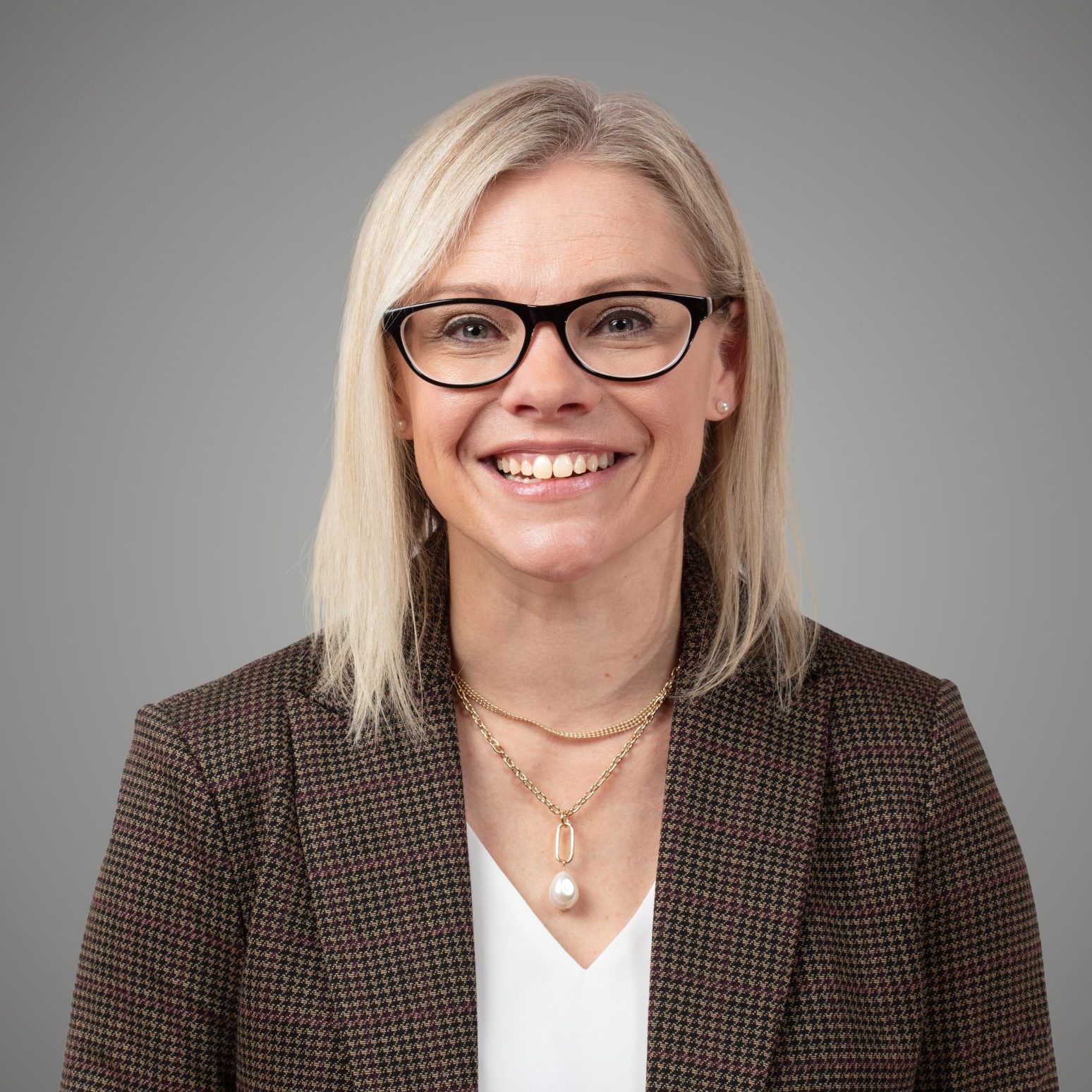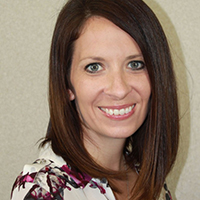Understanding how racism drives illness and cancer deaths
November 22, 2021
- Black people are 20 percent more likely to develop colorectal cancer compared to white people, and Black men are nearly 50 percent more likely to die from colon cancer than white men.
- Native American women have a 7 percent higher cancer rate, compared to white women, and a 10 percent higher cancer death
rate compared to white women. - While Black and white people are diagnosed with breast cancer at relatively the same rate, Black women are 40 percent more likely to die of breast cancer than white women.
- Black people have the highest death rate and shortest survival of any racial/ethnic group for most cancers in the U.S.
Why?
There is no biological basis for higher rates of disease and illness in Black, Indigenous and People of Color (BIPOC) communities. Rather, high rates of disease are often the result of lack of access to quality healthcare, segregation, poverty, chronic stress, underinvestment and racism that make communities more vulnerable to illness.
Systemic racism has taken a damaging toll on the health of our nation, and continues to negatively affect the physical, mental, and emotional health of millions of people. BIPOC communities experience higher rates of illness, such as heart disease, diabetes and cancer.
"When health care systems investigate rates of cancer, data reveals that although overall cancer rates in the United States are decreasing, for some communities of color, poor communities and communities not afforded equal education options, the rates of cancer are increasing,” says Aida Strom, health equity community engagement program manager at Hennepin Health Care.
“Cancer is a stark indicator of health inequities."
-Aida Strom
All too often we see zip code, race and income determining people’s access to preventive medical care. BIPOC and low-income communities face greater obstacles to cancer prevention, detection, treatment and survival. “Data shows disparities in both incident and mortality rates of cancer, most significantly in Black and brown communities,” she says. “Data also supports the fact that social determinants of health are indicators of cancer health disparities and inequities.”
Structural barriers and inequalities can make it significantly more difficult for communities of color to access quality and affordable health care. “Our communities face significant barriers to cancer screenings and preventative care such as lack of transportation, childcare access, cost, lack of insurance, fear of screening and more,” says Daanis Chosa (Bois Forte Band of Ojibwe), prevention and policy coordinator for the American Indian Cancer Foundation (AICAF) – a non-profit organization established to address cancer inequities faced by Native communities.
“This can contribute to cancer being diagnosed in Indigenous people later and in its more advanced stages, when it can be more difficult to treat, compared to our white relatives,” she says. “Breast cancer is one of the leading causes of death for Indigenous women and is also one of the most diagnosed cancers.”
How to ensure equitable access to care

Data from the Accountability for Cancer Care through Undoing Racism and Equity (ACCURE), show that interventions that emphasize providing transportation and patient assistance funds to help meet basic needs during treatment as well as offering telehealth access to patients are extremely effective measures for reducing racial disparities in cancer survival.
Additionally, building trust and understanding the needs of BIPOC communities is foundational to creating equitable access to care and cancer prevention.
“Addressing inequities in cancer rates in disenfranchised communities begins with getting to know and understand these communities,” says Aida. “When health care systems invest in relationship building, trust can be built. With this trust, more authentic spaces can be developed to provide education and programming that is relevant, and community/patient informed. By identifying issues that are specific to communities, a more direct approach to cares is possible.”
A healthier and more equitable future is possible, according to Daanis. “Health care institutions can support our work by learning more about the communities they serve and about the areas of opportunities they could support within Tribal communities related to cancer inequities. Our communities hold the solutions to the challenges we face.”
Blue Cross and Blue Shield of Minnesota has declared racism a public health crisis and continues an ongoing commitment to partner with communities across the state to address the root causes of racial and health inequities. We are focused on achieving racial and health equity as a means of inspiring change, transforming care and improving the health of all.



